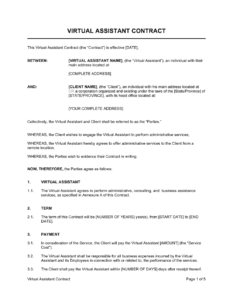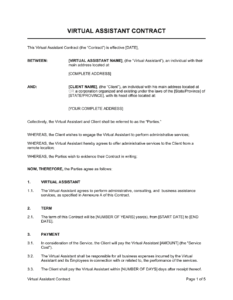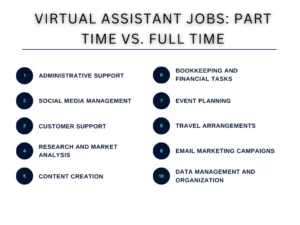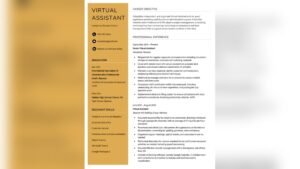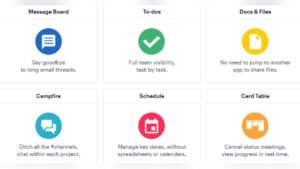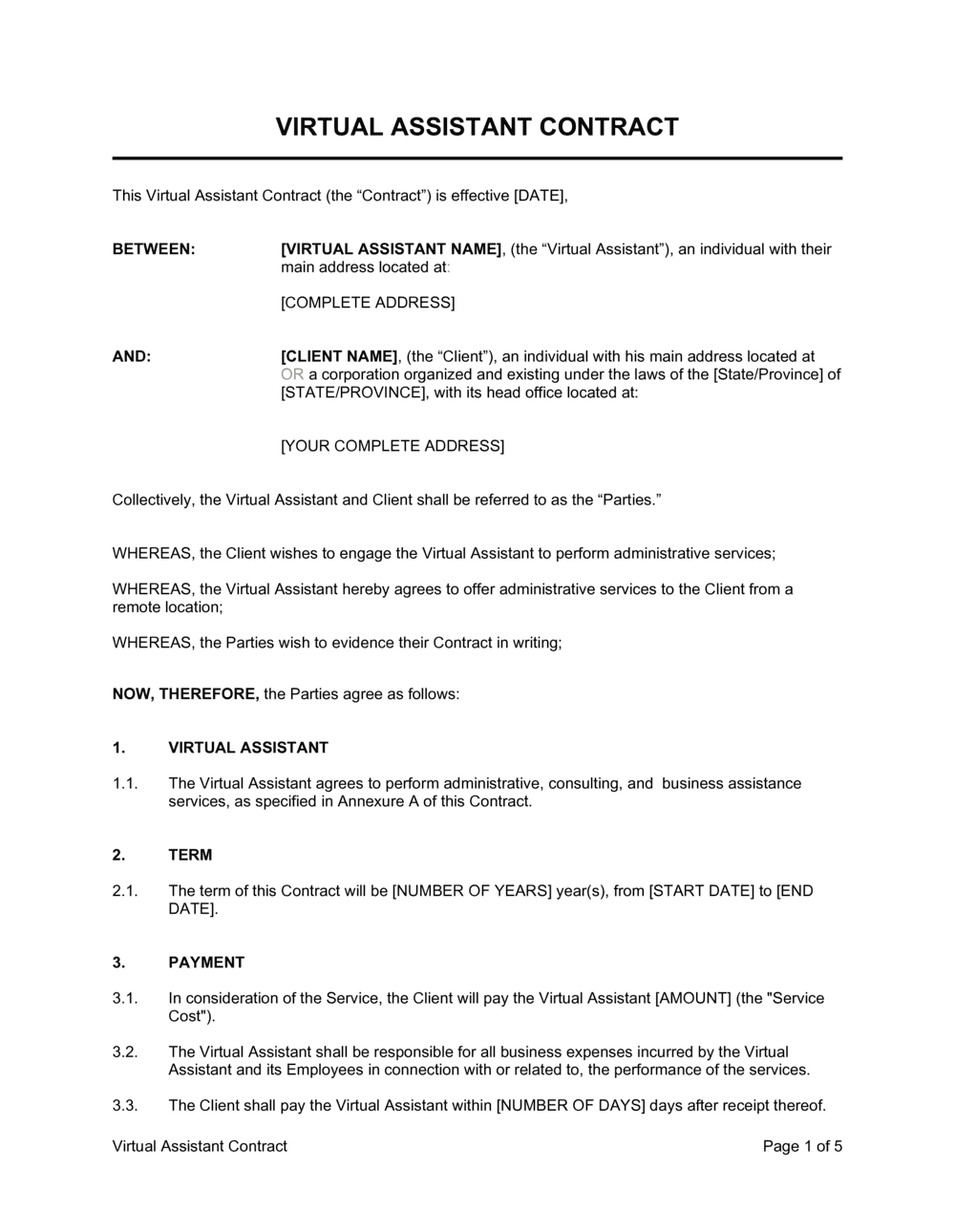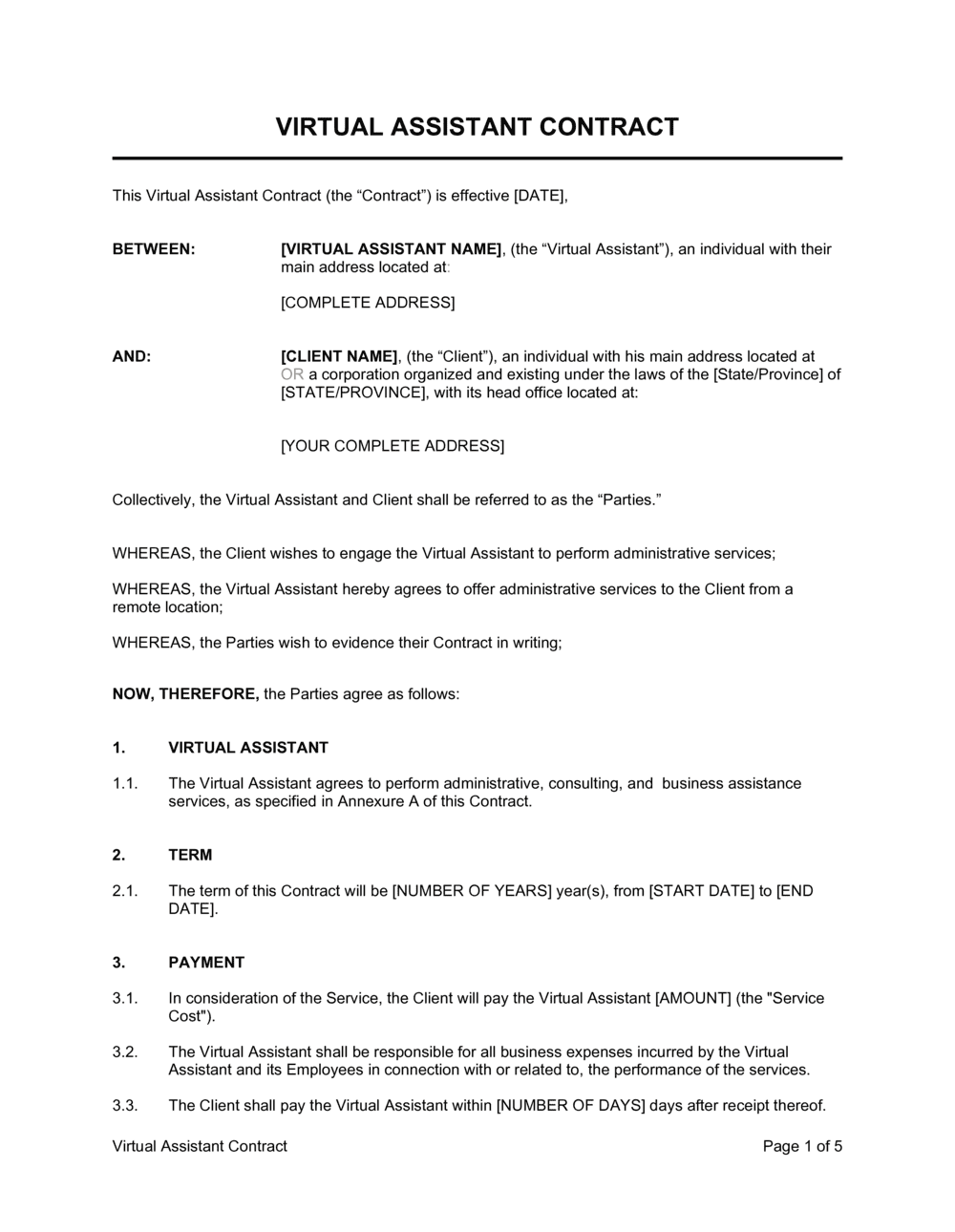Link building is a crucial part of SEO. It helps websites rank higher on search engines.
In today’s digital age, having a strong online presence is vital. Link building plays a big role in this. It involves getting other websites to link back to your site. This boosts your site’s authority and visibility. The more high-quality links you have, the better your chances of ranking well on search engines.
But, not all links are equal. Quality matters more than quantity. Good link building takes time and strategy. It can help drive traffic to your site and improve your SEO efforts. Let’s explore the basics and benefits of link building.
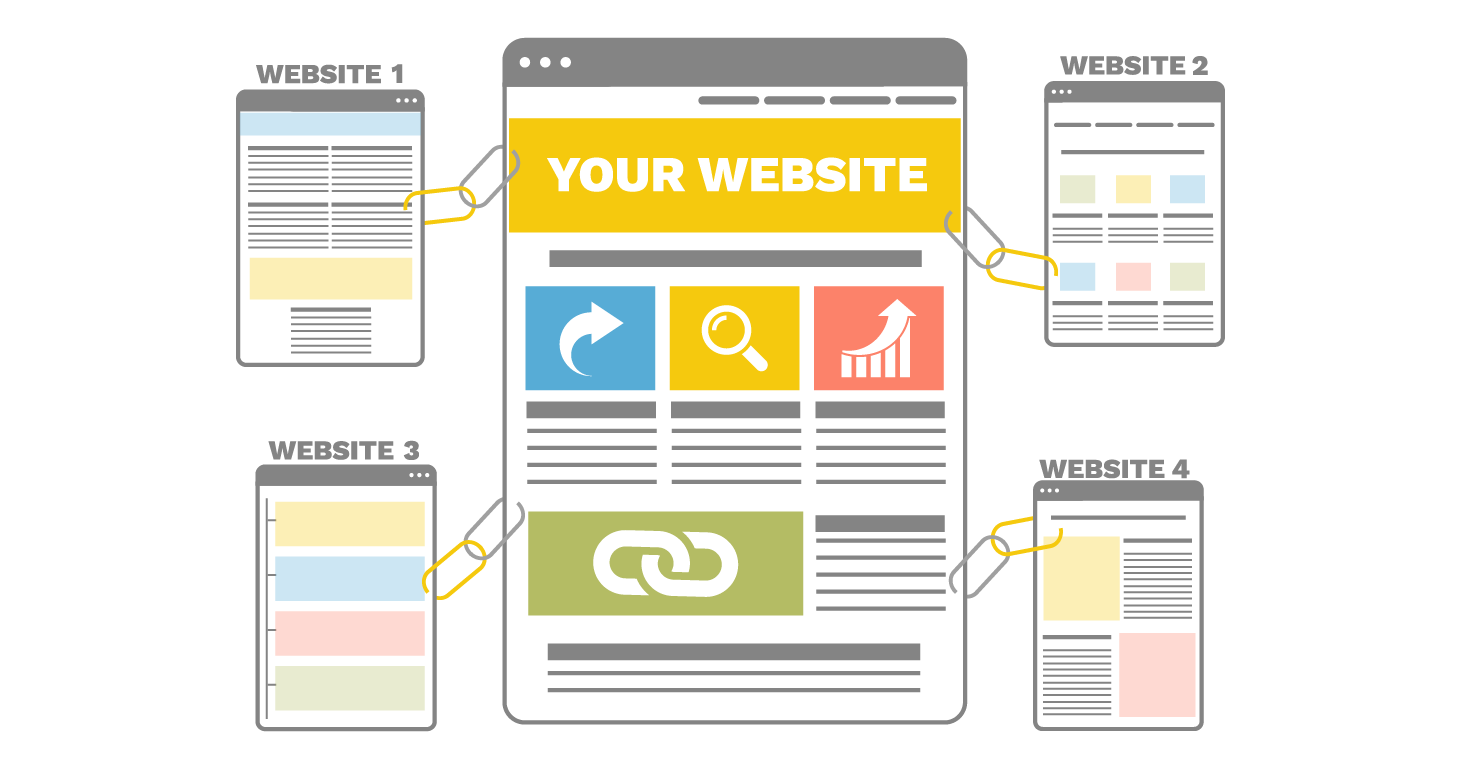
Credit: www.8p-design.com
Introduction To Link Building
Link building is a crucial aspect of SEO strategy. It involves acquiring hyperlinks from other websites to your own. These links help search engines crawl the web and discover new web pages. They also play a vital role in determining how well a website ranks in search engine results pages (SERPs).
Importance Of Link Building
Link building increases your website’s visibility and credibility. Search engines use links as a signal of trust. If many sites link to a page, it likely has valuable content. This makes link building essential for achieving high search engine rankings.
There are several ways to build links:
- Guest Blogging: Write articles for other websites and include a link back to your site.
- Broken Link Building: Find broken links on other sites, offer your content as a replacement.
- Social Media: Share your content on social platforms to attract links.
Impact On Seo
Link building has a significant impact on SEO. Quality backlinks improve your domain authority. This, in turn, boosts your rankings on search engines.
Search engines consider several factors when evaluating links:
- Relevance: Links from related sites are more valuable.
- Authority: Links from high-authority sites carry more weight.
- Anchor Text: The clickable text of the link should be relevant.
Effective link building strategies can lead to:
- Increased organic traffic
- Higher search engine rankings
- Improved online visibility
Understanding the importance and impact of link building is vital for SEO success. Focus on building quality links to achieve better search engine rankings.

Credit: www.elegantthemes.com
Types Of Links
Link building is essential for SEO. Understanding the types of links is key. There are two main types: internal links and external links. Each has its unique role in your SEO strategy. Let’s explore them further.
Internal Links
Internal links connect pages within your website. They help users navigate your site. These links also help search engines understand your site’s structure. Internal links distribute link equity among pages. They improve user experience by guiding visitors to related content.
External Links
External links connect your site to other websites. They boost your site’s credibility. Search engines see these links as votes of confidence. High-quality external links improve your site’s authority. They also drive traffic from other sites to yours.
Quality Over Quantity
Link building is a crucial aspect of SEO. It’s not just about getting as many links as possible. The quality of those links matters more. High-quality links can boost your site’s authority. On the other hand, poor-quality links can harm your rankings.
Authority Sites
Authority sites are trusted by search engines. They have a strong reputation and high domain authority. Getting links from these sites is beneficial. It signals to search engines that your site is trustworthy. This can improve your search engine rankings significantly.
Relevance
Relevance is key in link building. Links should come from sites related to your niche. This makes the links more valuable. For instance, a tech blog linking to a tech site is relevant. This relevance helps search engines understand your site’s content better. It also improves the user experience.
Content Creation
Content Creation is the backbone of successful link building. Engaging and valuable content attracts links naturally. Below, we explore two effective content types: Blog Posts and Infographics.
Blog Posts
Blog posts are a powerful tool for link building. They provide detailed information on various topics, making them shareable and link-worthy. Here are some tips for creating blog posts that attract links:
- Choose topics that resonate with your audience.
- Include original research or case studies.
- Write in a clear and concise manner.
- Use headings, bullet points, and short paragraphs.
- Incorporate relevant keywords naturally.
Blog posts should be informative and engaging. This encourages readers to share and link to your content. Here is an example of how to structure a blog post:
| Section | Description |
|---|---|
| Introduction | Brief overview of the topic. |
| Main Content | Detailed information, divided into sections. |
| Conclusion | Summary and call to action. |
Infographics
Infographics are visual representations of data or information. They are highly shareable and can attract links from various websites. Here are some tips for creating infographics:
- Choose a simple and clear design.
- Include accurate and relevant data.
- Use eye-catching colors and graphics.
- Make sure the content is easy to understand.
- Include your brand logo and website URL.
Infographics should tell a story in a visual format. They are especially effective for complex data. Here is an example structure:
| Element | Description |
|---|---|
| Title | Clear and descriptive title. |
| Introduction | Brief introduction to the topic. |
| Data Points | Key data points presented visually. |
| Conclusion | Summary of the information. |
Using blog posts and infographics in your content creation strategy can significantly boost your link building efforts. Create valuable content and watch the links come in.
Guest Blogging
Guest Blogging is a powerful link building strategy. It involves writing and publishing posts on others’ blogs. This can boost your brand’s visibility. It also helps you build high-quality backlinks to your site.
Finding Opportunities
Finding the right guest blogging opportunities is crucial. Start by identifying blogs in your niche. Use search queries like “write for us” or “guest post guidelines”. You can also check your competitors’ backlinks. Look for sites that accept guest posts.
| Search Query | Example |
|---|---|
| “write for us” | niche + “write for us” |
| “guest post” | niche + “guest post” |
| “guest post guidelines” | niche + “guest post guidelines” |
Once you find potential blogs, research them. Check their domain authority. Ensure the blog has active engagement. This will help you choose the best opportunities.
Crafting Quality Posts
Crafting quality posts is key. Your content should be informative and relevant. Follow the blog’s guidelines. Write in a tone that matches the blog.
Use bullet points for easy reading:
- Include a clear introduction.
- Break content into short paragraphs.
- Use subheadings for structure.
- Add images to enhance the post.
Ensure your post provides value. This increases the chances of your post being accepted. It also builds your reputation as a reliable writer.
Finally, include a brief author bio. Add a link to your website. This helps drive traffic back to your site.
Social Media Engagement
Social Media Engagement is a powerful tool for link building. Leveraging social media platforms can help increase your website’s visibility and authority. By engaging with your audience, you can create valuable connections that lead to high-quality backlinks.
Sharing Content
Sharing your content on social media is crucial. It boosts your reach and attracts more visitors. Here are some tips:
- Share your blog posts on Facebook, Twitter, and LinkedIn.
- Use attractive images and compelling headlines.
- Schedule your posts for peak engagement times.
By consistently sharing valuable content, you encourage your followers to link back to your site.
Building Relationships
Building relationships on social media is essential for link building. Connect with influencers and other industry leaders. Here’s how:
- Follow and engage with their posts.
- Comment on their content with thoughtful insights.
- Share their content with your audience.
These actions can help you build a rapport. Over time, they may link to your content, boosting your SEO efforts.
| Platform | Key Actions |
|---|---|
| Join groups, post regularly, engage in comments. | |
| Tweet frequently, retweet relevant content, use mentions. | |
| Connect with professionals, share articles, join discussions. |
Broken Link Building
Broken Link Building is a valuable strategy for enhancing your website’s SEO. It involves finding broken links on other websites and suggesting your content as a replacement. This method helps in gaining backlinks and improving your site’s authority. Here, we’ll discuss how to identify broken links and effective outreach strategies.
Identifying Broken Links
Finding broken links is the first step. Use tools like Ahrefs, SEMrush, or Screaming Frog to locate them. These tools scan websites and list all the broken links they find.
Another way is to check websites in your niche manually. Look for 404 errors or dead pages. This method is time-consuming but effective.
Once you have a list of broken links, analyze them. Ensure they are relevant to your content. This increases the chances of your link being accepted.
Outreach Strategies
Outreach is crucial for broken link building. Start by crafting a polite and concise email. Mention the broken link and offer your content as a replacement.
Here’s a simple template:
Hi [Name],
I found a broken link on your website [URL of the broken link].
I have similar content that might be useful for your audience.
Here is the link: [Your link].
Hope it helps!
Best,
[Your Name]
Personalize the email. Mention the webmaster’s name and something specific about their site. This shows you took time to explore their site.
Follow up if you don’t receive a response. Sometimes emails get lost or forgotten. A gentle reminder can increase your chances.
By following these steps, you can build valuable backlinks and improve your site’s SEO.

Credit: www.needmomentum.com
Monitoring And Analysis
Monitoring and analysis are key aspects of a successful link-building strategy. Keeping track of your efforts helps you understand what works and what doesn’t. Regular monitoring ensures you can make necessary adjustments to improve your results. This process involves tracking progress and adjusting strategies as needed.
Tracking Progress
Tracking progress is vital for understanding the impact of your link-building efforts. Use tools like Google Analytics to monitor traffic from your backlinks. Check metrics such as referral traffic, bounce rate, and conversions. These insights show how effective your links are in driving valuable traffic to your site.
Another important metric is the number of backlinks. Tools like Ahrefs or Moz can help you keep track of new links. They also provide data on the quality of these links. High-quality backlinks come from reputable sites with good domain authority. Keep an eye on your domain authority score as well. A higher score often means better search engine rankings.
Adjusting Strategies
Adjusting strategies based on your findings is crucial for success. If you notice certain types of content attract more backlinks, create more of that content. This could be blog posts, infographics, or videos. Pay attention to what your audience finds valuable and engaging.
Sometimes, you may find that your current strategy isn’t delivering the desired results. In such cases, consider changing your approach. For instance, if guest posting isn’t working well, try reaching out to influencers. Collaborate on content that both parties can share. Regularly review and tweak your strategy to keep up with changing trends and algorithms.
Frequently Asked Questions
What Is Link Building?
Link building is the process of acquiring hyperlinks from other websites to your own. It helps improve your site’s visibility.
Why Is Link Building Important?
Link building is crucial for SEO. It increases your website’s authority and improves search engine rankings.
How Does Link Building Work?
Link building works by earning links from reputable sites. These links signal to search engines that your content is valuable.
What Are Link Building Strategies?
Common strategies include guest blogging, creating high-quality content, and reaching out to influencers in your industry.
Conclusion
Building quality links is essential for improving your website’s ranking. Focus on creating valuable content and reaching out to relevant sites. Consistency and patience are key. Keep an eye on your progress and adjust strategies when needed. With effort and the right approach, you can see positive results.
Remember, quality over quantity is crucial in link building. Stay committed, and your website’s authority will grow over time. Happy linking!
Ms.Sultana brings over 16 years of expertise working with global Clients by providing different skills and Services. For the last 5 years working as an Affiliate marketer, specializing in high-ticket campaigns that drive exponential growth. She holds a degree in Computer Science and Engineering as well as achieved many more skills certificates from different institute/academies/Platform. As part of the Elite Global Marketing team, Sultana has helped clients generate millions in revenue through strategic partnerships, innovative funnels, and data-driven insights.




